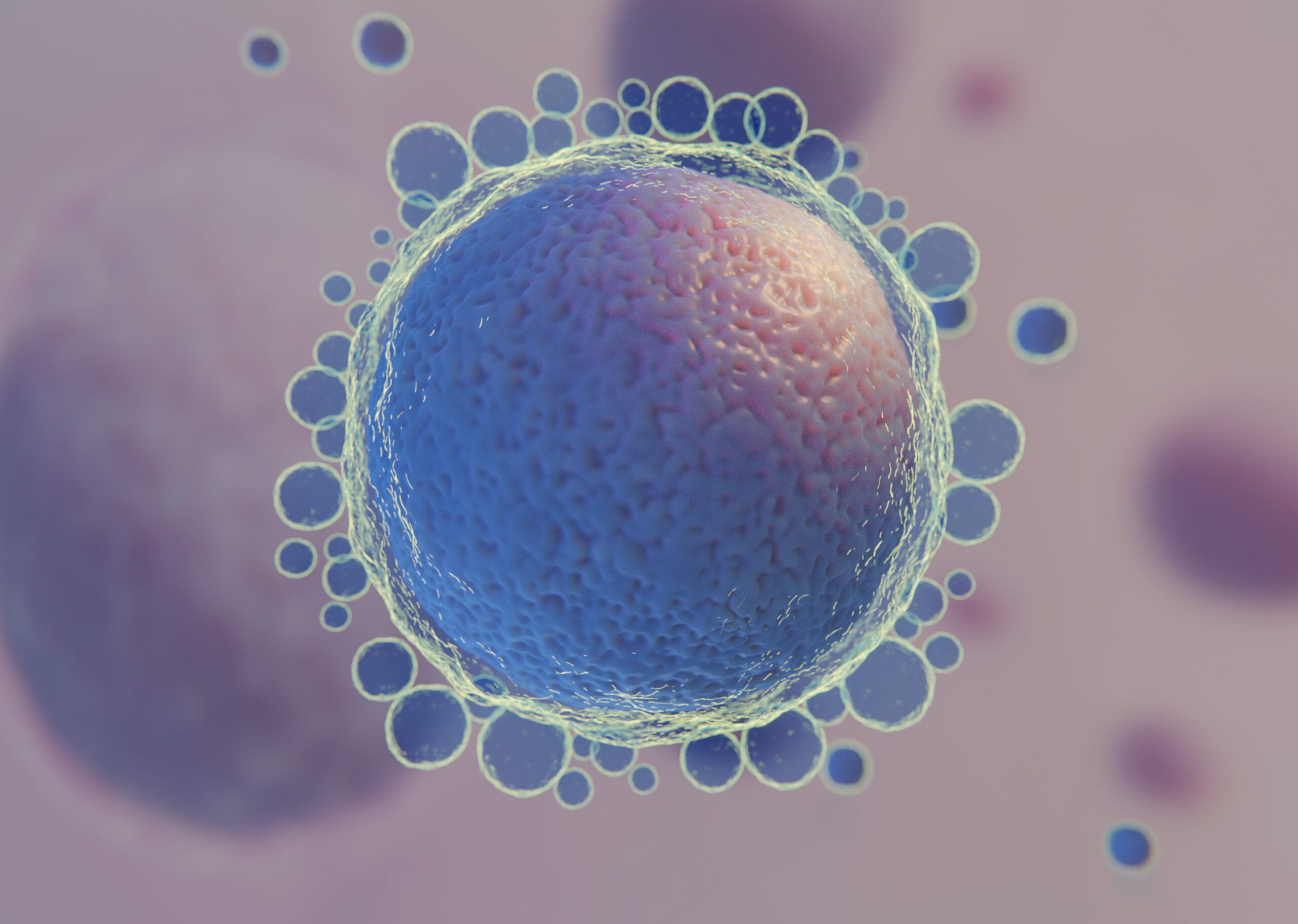Fertility is no longer a race against time. Thanks to advancements in egg freezing technology, women today have the freedom to freeze your eggs and plan motherhood on their own terms. But one question continues to surface in fertility conversations:
“What is the best age to freeze my eggs?”
At Womb IVF and Fertility, we believe that the right time is a personal decision—but understanding the science behind egg freezing can help you make an informed choice. In this guide, we’ll break down the ideal age to freeze your eggs, the reasons why more women are choosing this path, and what the egg freezing process actually involves.
What Is Egg Freezing?
Egg freezing, also known as oocyte cryopreservation, is a fertility preservation method where a woman’s eggs are retrieved, frozen, and stored for future use. When the time is right, these eggs can be thawed, fertilized through IVF (In-Vitro Fertilization), and implanted in the uterus.
It’s a safe, effective option for women who wish to delay pregnancy due to personal, medical, or professional reasons.
Why Does Age Matter?
A woman is born with all the eggs she will ever have, and both the quantity and quality of eggs decline as she ages. While women are most fertile in their 20s, fertility starts to decline in the early 30s—and more rapidly after 35.
Egg freezing doesn’t guarantee a future pregnancy, but younger eggs have higher success rates when used later.
So, What Is the Best Age to Freeze Your Eggs?
🔹 Ideal Age: 25–35 Years
Most fertility experts recommend freezing eggs between ages 25 and 35. This is when egg quality and count are optimal.
Success rates are higher because the eggs are healthier
Fewer cycles may be needed to retrieve a good number of viable eggs
Better chance of a healthy pregnancy when the eggs are used in the future
🔹 Good Option: Up to Age 38
Women under 38 can still benefit from egg freezing, especially if fertility markers like AMH (Anti-Müllerian Hormone) and antral follicle count are within a healthy range.
🔹 Possible but Challenging: After 38
Egg freezing after 38 is possible, but the chances of retrieving enough high-quality eggs decline with age. In such cases, your fertility specialist may recommend multiple stimulation cycles or discuss alternative options like donor eggs.
Who Should Consider Egg Freezing?
You might want to consider fertility preservation if:
You’re not ready for motherhood yet but want to keep your options open
You’re focused on career, education, or personal goals
You haven’t met the right partner yet
You have a medical condition like endometriosis or PCOS
You’re undergoing chemotherapy or radiation
You have a family history of early menopause
You simply want peace of mind and control over your reproductive future
Here’s what we believe – Egg freezing is not a backup plan but an empowering choice.
It gives you the freedom to preserve your fertility while living life on your own terms. The earlier you freeze your eggs, the better your chances of success later. If you’re curious about whether egg freezing is right for you, our team at Womb IVF and Fertility is here to guide you with clarity, care, and science-backed advice.
